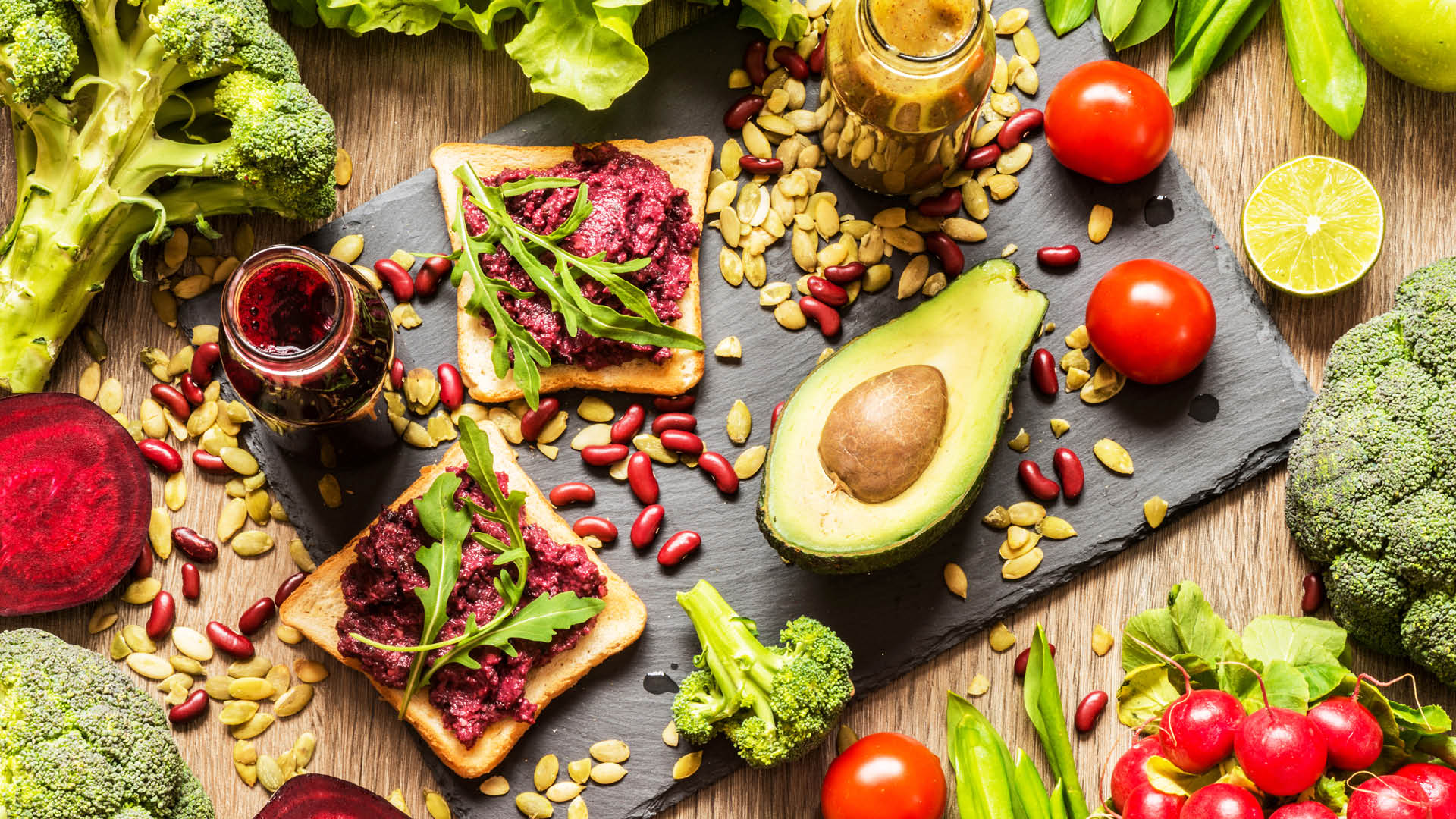Are you considering transitioning to a vegetarian diet but need help calculating where to start? Our complete guide will provide you with all the necessary information. We’ll cover topics such as meal planning, shopping tips, nutrition facts, useful resources like Holistic Hub, and more so that you can make educated decisions about your health and lifestyle. You’ll be able to enjoy delicious plant-based meals while reaping the many benefits of vegetarianism. So join us on our journey – let’s get started.
Understanding the health benefits of a vegetarian diet
A vegetarian diet has advantages, from enhanced health to natural weight loss. It reduces the risk of stroke, heart disease, and certain cancers, and its high fiber content supports improved gut health. Furthermore, vitamins and minerals in these diets may protect against chronic conditions while providing your body with essential antioxidants for long-term well-being.
Types of vegetarian diets
Those who embrace the vegetarian lifestyle forgo consuming animal products. Explicitly speaking:
- Lacto-Ovo vegetarians are allowed dairy and egg intake.
- Ovo-vegetarianism means eating only eggs with no other non-plant byproducts.
- Lacto-veganism strictly prohibits meat and all animal foods, such as milk and its derivatives.
- Veganism is the most rigorous form that does not permit any food derived from an animal, even honey.

How to start a vegetarian diet
Gradually incorporate more plant-based dishes and snacks into your diet, add an array of nutrient-rich foods such as fruits, veggies, grains, legumes, and nuts for maximum effect and ensure essential nutrients like protein and iron are still included in your meals without relying on animal products when switching over.
Visiting a physician or nutritionist is essential to keep your body healthy and energized. For those who don’t consume dairy, leafy greens and fortified milk products like tofu can provide the calcium needed for optimal well-being. Staying hydrated through the day by constantly drinking water will aid in bodily functions and serve as motivation to continue eating healthily. If you’re looking for more ways to promote wholesome vegetarian living, take advantage of online resources; plenty is available that offer unique ideas on maintaining a healthy lifestyle.
Creating an effective meal plan takes time and research.Try to include a variety of plant-based proteins, carbohydrates, vitamins & minerals into your daily routine for optimum nutrition. Incorporate vegetarian classics like tacos or veggie burgers as savory options, along with salads and smoothies for something lighter.
Following a vegetarian diet can help you achieve many health benefits, but ensure you get enough of the essential nutrients your body needs. Careful planning can provide all the nourishment you need to stay healthy and protect against chronic diseases. If you have any inquiries or concerns about starting, it’s best to consult a doctor or nutritionist. They can help you create a meal plan that meets your needs and lifestyle goals. Happy cooking.













